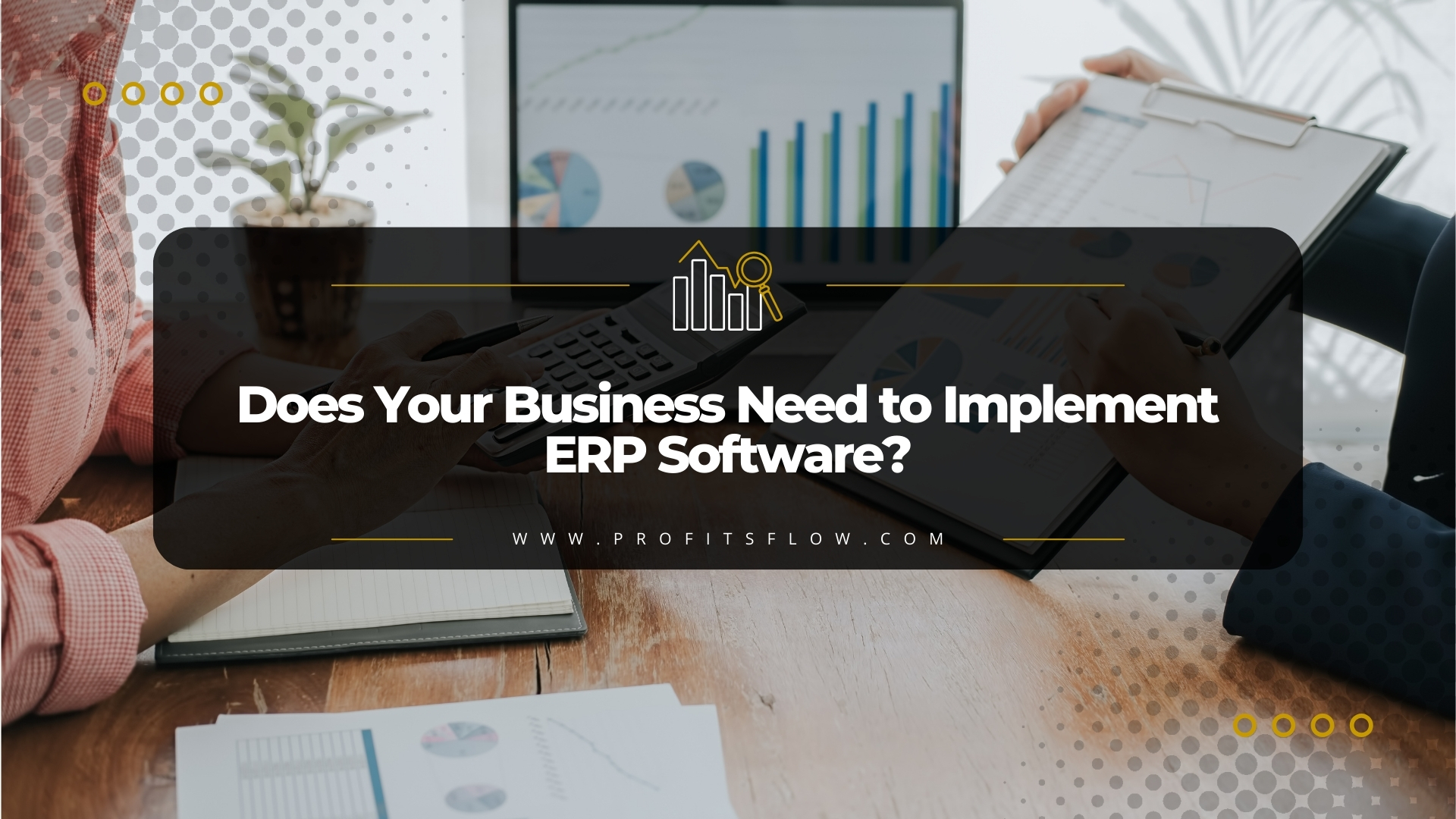Enterprise Resource Planning (ERP) systems have become a cornerstone for businesses aiming to streamline processes and enhance decision-making. But how do you determine if your business truly needs to implement ERP software? Let’s explore the signs, benefits, and considerations to help you make an informed decision.
What is ERP Software?
ERP stands for Enterprise Resource Planning. It’s an integrated software solution that consolidates core business processes into a unified system. From accounting and inventory management to production and customer relationship management, an ERP system provides a centralised platform for data and workflows. This integration fosters efficiency, reduces redundancy, and enhances visibility across your organisation.
Signs Your Business Might Need to Implement ERP Software
- Fragmented Systems and Processes: Are you using multiple disconnected tools to manage different aspects of your business? If various different modules/departments are not communicating with one another, for example if your sales data isn’t aligned with production schedules, it may be time to consider an ERP solution. Fragmentation can lead to inefficiencies and errors.
- Lack of Real-Time Insights: Do you struggle to access up-to-date data for decision-making? Without real-time insights, responding to market changes or internal challenges becomes a guessing game. ERP systems provide dashboards and analytics that keep you informed.
- Growth Challenges: As your business scales, so do its complexities. Managing a growing team, expanding inventory, or entering new markets can overwhelm outdated systems. ERP solutions are designed to support scalability and future growth.
- Operational Inefficiencies: Are manual processes and redundant tasks bogging down your team? Automation is a key benefit of ERP systems, allowing employees to focus on strategic tasks rather than administrative ones.
- Customer Dissatisfaction: If customers are facing delays, inaccuracies, or inconsistent experiences, it may stem from disjointed systems. An ERP can align departments, ensuring smoother operations and better customer service.
Benefits of Implementing ERP Software
- Enhanced Productivity: Automation and streamlined workflows reduce manual effort, freeing up resources for higher-value tasks.
- Improved Data Accuracy: A single source of truth eliminates the discrepancies that arise from multiple, disconnected systems.
- Better Decision-Making: With real-time data and comprehensive analytics, leaders can make informed, strategic decisions.
- Cost Savings: Though ERP implementation requires an upfront investment, the long-term savings from increased efficiency and reduced errors often outweigh the costs.
- Scalability: ERP systems grow with your business, adapting to new challenges and opportunities.
Considerations Before Implementing ERP Software
- Cost and Budget: ERP systems can be expensive to implement, depending on the size and needs of your business. Assess the total cost of ownership, including software, hardware, and training.
- Customisation vs. Standardisation: While many ERP solutions offer customisation, excessive modifications can lead to higher costs and complexity. Evaluate how much customisation you truly need.
- Change Management: To implement ERP software means you require buy-in from your team. Proper training and communication are critical to ensure adoption.
- Vendor Selection: Choose an ERP provider with a track record of success in your industry. Consider factors like scalability, customer support, and integration capabilities.
For more information on what considerations, you should make you can check out one of our previous articles Here.
To implement ERP Software is a significant decision that can transform your business operations. If you’re facing challenges like fragmented systems, inefficiencies, or a lack of actionable insights, an ERP might be the solution you need. However, it’s essential to weigh the costs, benefits, and readiness of your organisation before diving in.
By carefully assessing your business needs and partnering with the right ERP provider, you can unlock new levels of efficiency, agility, and growth. The question isn’t just whether your business needs an ERP, but whether you’re ready to embrace the opportunities it brings. If you have any additional questions in relation to ERP feel free to reach out to us at info@profitsflow.com.
